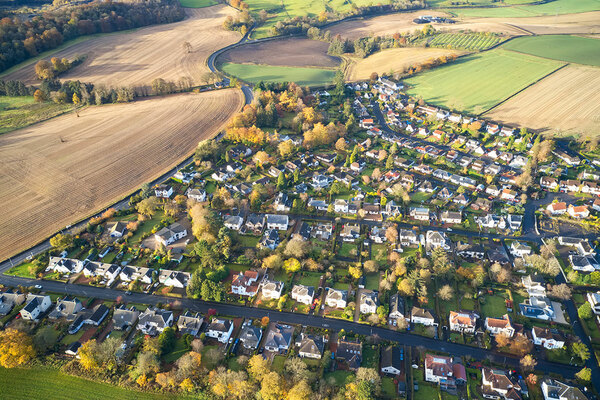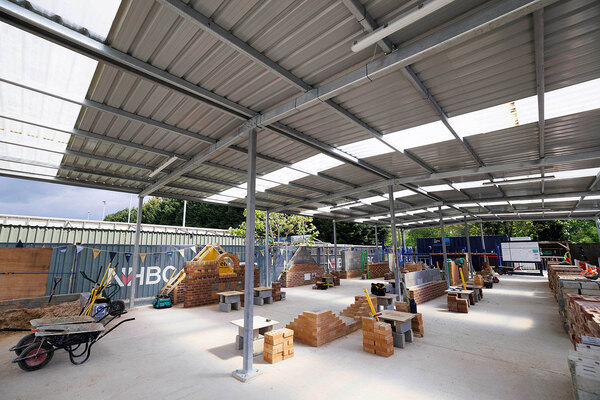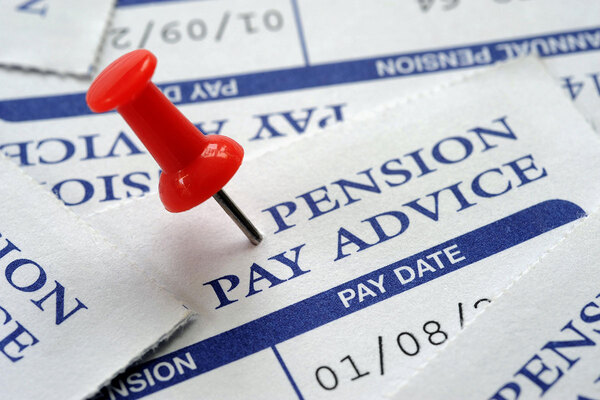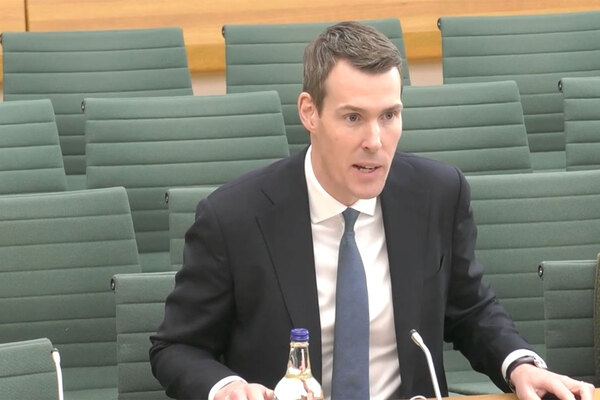You are viewing 1 of your 1 free articles
Up to 1,000 temporary accommodation beds in Edinburgh will be ‘unsuitable’ under new law
Edinburgh Council said that up to 1,000 of the beds it uses to temporarily house homeless people will soon be deemed ‘unsuitable’ when a new law restricting the use of B&Bs and hotels comes into force in Scotland in January.
In a report to the authority’s housing, homelessness and fair work committee, the council said it currently estimates that roughly 1,000 new properties will need to be found that meet the requirements of the extended Unsuitable Accommodation Order, which bans councils from housing homeless people in hotels or B&Bs for more than one week.
Councils in Scotland are already banned from housing families or pregnant women in hotels or B&Bs for more than one week, however in May the government announced that these rules would be extended to all homeless people.
The rules were originally supposed to come into effect this month, but this was recently extended to January 2021 due to the reliance on hotels for housing homeless people during the COVID-19 crisis.
Edinburgh Council said that just over 75% of its current temporary accommodation stock is likely to be considered suitable under the new law, but said it is likely to take time to “transform” the remaining 25% due to the challenges of securing accommodation within the city.
There are currently 1,386 households living in shared accommodation, B&Bs and private rented temporary accommodation in Edinburgh. By the end of 2024/5, the council aims to reduce this to 40 households.
The council said this change in stock composition will likely take five years if temporary accommodation demand in Edinburgh remains static, however it warns that this timescale will lengthen if demand increases, for example as a result of the fallout from COVID-19.
An increase in demand in Edinburgh is also likely to occur when rules banning people from presenting as homeless in areas where they do not have a local connection are reversed in Scotland in May 2021, the council warned.
The Edinburgh Council’s plan to transform temporary accommodation was published as part of its updated rapid rehousing transition plan, which sets out how it plans to move away from the current homeless system to one with rapid rehousing at its heart.
A rapid rehousing system is one where homeless people are provided with permanent accommodation as quickly as possible and spend limited time in temporary accommodation. The Scottish government aims for all councils to implement this system by 2024.
However, various modelling exercises by Edinburgh Council show that the authority will be unable to achieve rapid rehousing by this date, even with a significant increase in grant from the Scottish government.
In the council’s most optimistic scenario, which is based on a 2% year-on-year reduction in homeless demand and an increase in mid-market rent and private rented sector housing, it calculated it would take 11 years to move to a rapid rehousing-based system.
Based on the impact of coronavirus and the removal of local connection rules, the council said it is more likely that homeless demand would increase in the city, with current modelling suggesting it will therefore take more than 20 years to achieve rapid rehousing.












